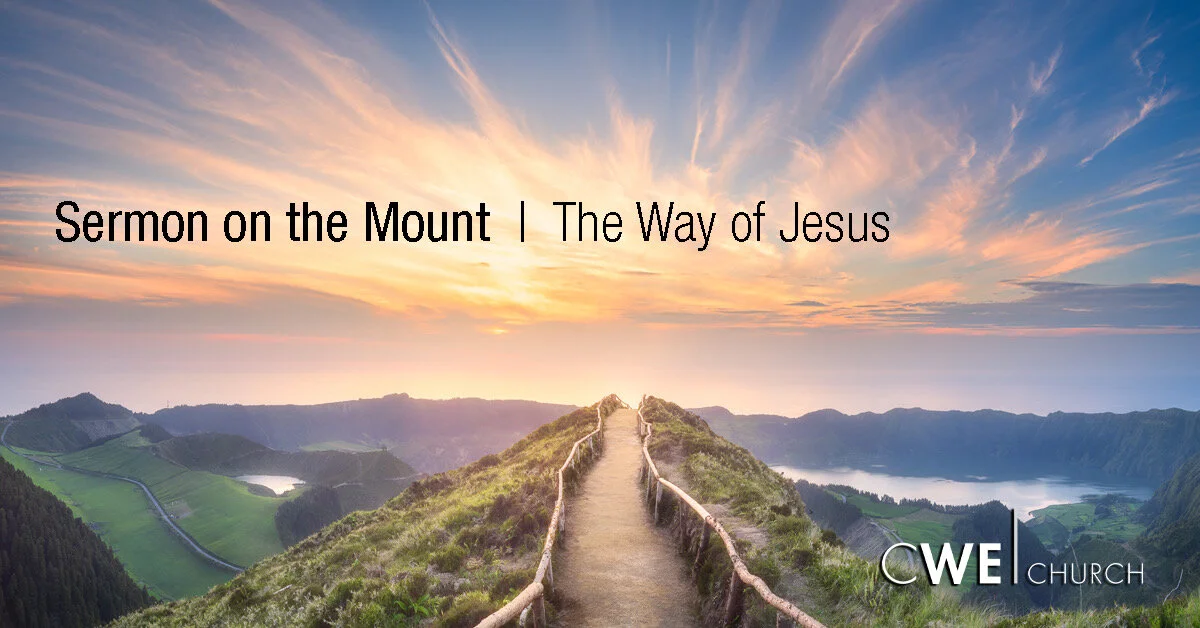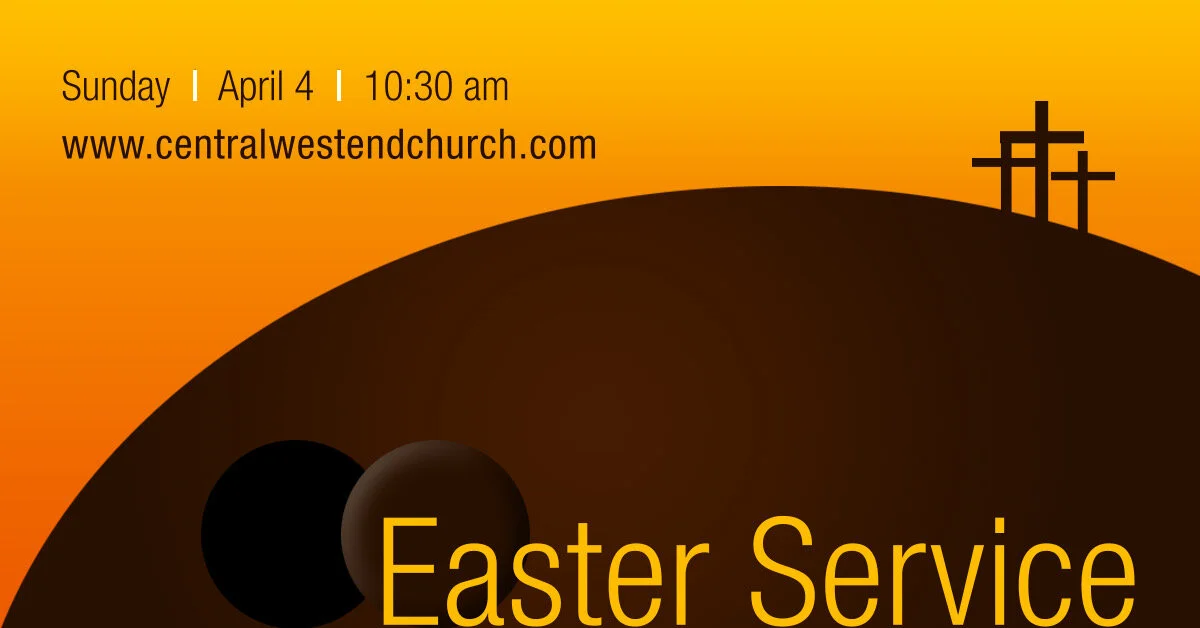What is the good life and what does it mean to be a good person? The verse we know as the Golden Rule (“do unto others…”) is dependent on what Jesus talks about right before that: our relationship with God. In this passage, Jesus shows us how those things are connected.
Our lives are full of longings for something we feel is missing from ordinary experience. What would it look like to find that? What would it look like to help others find it as well? Jesus’s perplexing statement about pearls and pigs shows us.
The Meaning: to judge means to put people into categories.
The Problem: Sin has hurt us all, and pain distorts our perception, so that now we all have the tendency to put other people into categories that we would not put ourselves into. Jesus says that sin makes us all hypocrites.
The Warning: Jesus warns us that because we all have the same problem we WILL be put into the same categories as we put others into.
The Cure: Jesus has taken the judgement we deserve so that now we can face our own hypocrisy. And when we do, it allows Him to heal us. And to the degree that we are healed is the degree to which He transforms us from Hurting Hypocrites into Holy Healers, from a community of condemnation to a community of reconciliation.
Jesus talked constantly about “the kingdom of God.” But what is it? Last week, we look at what this passage shows us about how we get changed. This week, we look at what Jesus shows us about how the world gets changed. It’s all wrapped up in this idea of “the kingdom.”
In this passage, Jesus charts a path for life transformation and world transformation. Over the next two weeks, we’ll look at both. This week, Jesus shows us how we experience personal transformation.
No one disagrees with the notion that greed is a problem. The problem is that no one thinks greed is their problem. However, Jesus presents a very different view. Through three pictures, Jesus shows us the nature of greed that lures every human heart and points us to a better way: the way of generosity that leads to spiritual transformation.
When our desire for a better world is constantly frustrated by the injustices and cruelties of this world, the result is often despair. But the resurrected Jesus leads people from defeat, darkness, and despair to truth, light and joy.
By ending the Lord’s Prayer with the word “evil,” Jesus is saying that true spirituality is constantly aware of the reality of evil, and constantly praying about it. In the last verse, Jesus shows us how to walk through the minefield of evil in the world and not just survive, but thrive.
Forgiveness is a difficult topic for all of us, afterall it's not our default setting. In the Lord's prayer Jesus shows us how our struggle to forgive is connected to the forgiveness of God. As we see the fullness of God's forgiveness to us, we are enabled to trust God enough to forgive those who sin against us.
Jesus affirms our physical needs and instructs us to pray for them. But our physical needs are also connected to a much deeper need we often won’t reach out for unless every other option is taken off the table.
Throughout history, we’ve experienced a tension between longing for a world beyond this world, and longing for the healing of this world. In teaching us to pray “your kingdom come,” Jesus shows us that those two things don’t have to be in tension with each other.
What is the point and the power of prayer? Jesus shows us here in what is perhaps the most famous prayer of all time. This week we look at the first actual request in the prayer: Hallowed be your name.
At the very heart of Jesus’ picture of the transformed life is prayer. In the first line of this most famous of all prayers, Jesus shows us that if we want to know how to pray, we have to know to whom we pray.
Before Jesus shows us how to pray he tells us how not to pray. But this isn’t a formula. Very often we don’t even know what our deepest needs really are. Join us as Jesus reconnects us to the deepest needs of the human heart.
Jesus affirms many of the reasons many today are “done” with religion. But instead of telling people to go do their own thing, he says, “Follow me, I’ll show you a better way.” In this passage, Jesus shows us that authentic spirituality is bound up in something he calls righteousness.
“Love your enemies” is Jesus’ most unique teaching, and also his most difficult, painful, and offensive. And yet, the deeper we follow him into the pain of evil done to us, the more he leads us through it into a world of “perfect” love.
What do you do when you suffer personal insult or loss at the hands of someone else? Jesus’s answer sounds outlandish to us. But what if the way of Jesus is the true way of ultimate human flourishing?
Jesus is asking us to imagine a world where oaths are completely unnecessary because people are always completely true, and then to live as if we’re already dwelling in that world. He shows us how in this passage.
Sex and sexuality, marriage and divorce are not easy topics to engage with, irrespective of how we seek to address them. Jesus shows us that there are deeper issues at play when considering these matters. In his words of wisdom, we’re exposed to a deeper problem than we realize, and pointed to a satisfying love greater than we could ever hope for.
Many people (both religious and otherwise) feel instinctively that there is a higher life we should be living, and that it requires some kind of transformation to get there. Jesus affirmed this, and shows us that it begins by dealing with anger and contempt in our hearts. Our transformation begins with reconciliation.





















